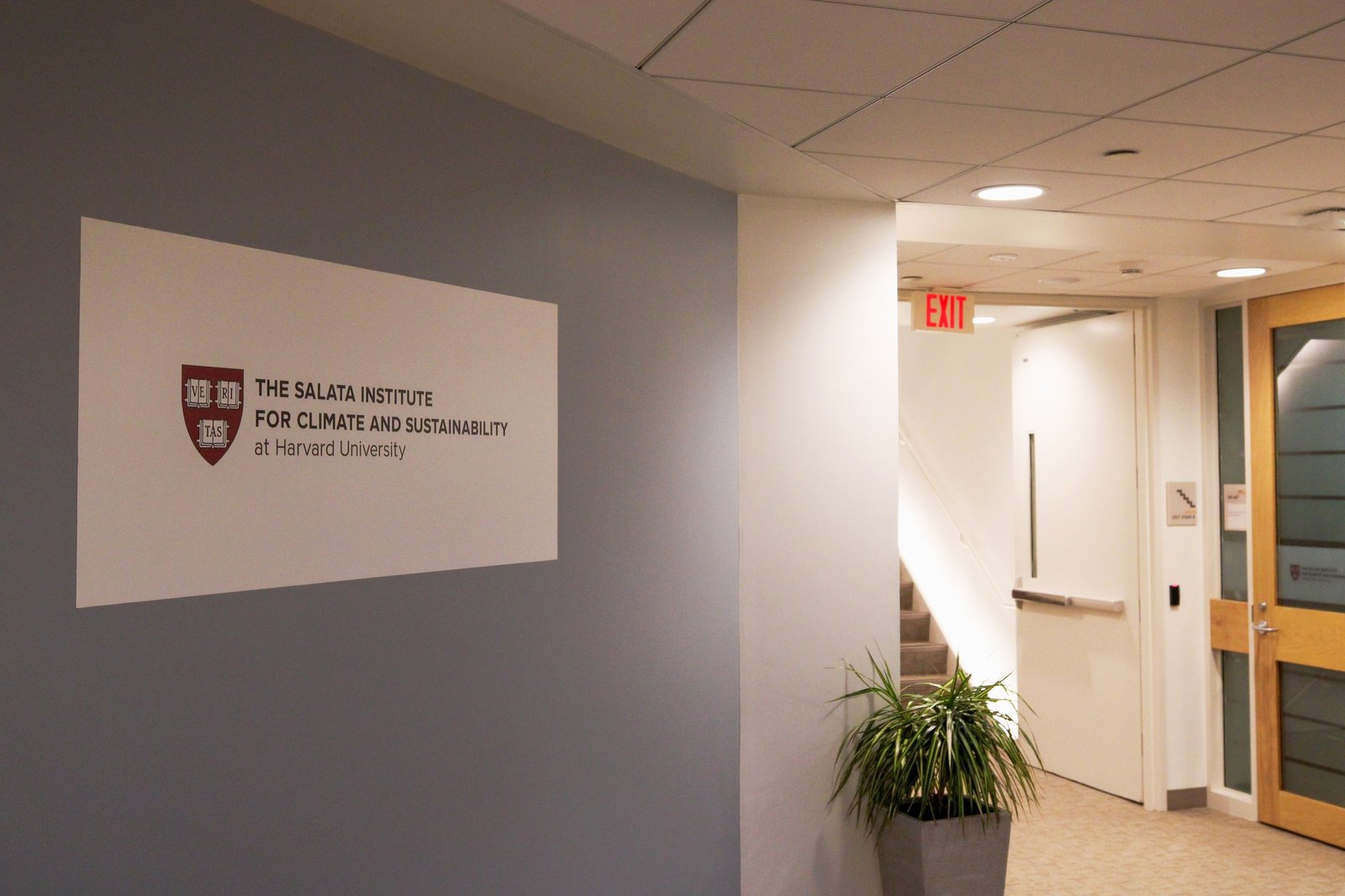Harvard’s efforts to expand climate education reflect a growing recognition of the urgent need to address climate change through interdisciplinary collaboration and comprehensive curriculum development.
Harvard University’s Faculty of Arts and Sciences (FAS) has significantly increased the number of climate-related courses offered across various disciplines and departments in recent years, in line with broader university efforts to enhance climate education. This expansion comes as a response to growing concerns about sustainability and climate change globally.
In the academic year 2021-2022, FAS offered more than 45 courses specifically focusing on climate-related issues. However, according to the recently released 2024-2025 course catalog on my.harvard, this number is set to exceed 50, indicating a substantial uptick in climate-focused offerings within the curriculum.
One noteworthy development is the expansion of climate-related courses into social studies and humanities departments like History, which historically offered fewer classes on climate change topics.
Professor Dustin Tingley, co-chair of Harvard’s Standing Committee on Climate Education, emphasized that this increase in courses is part of a broader initiative across the university to improve climate change education. Tingley highlighted the ongoing efforts to establish a coherent structure for future deliverables in climate education.
In 2022, a committee of 30 Harvard faculty members, including Tingley, released a strategic framework report outlining plans for expanding climate-related curriculum. These plans included increased funding for climate education, faculty hiring, and the development of new academic programs such as master’s and certificate programs.
Following the recommendations of the report, the Climate Change Education (CCE) committee was established in January 2023, comprising 21 faculty members. One of the committee’s primary tasks was to assess the state of climate education within each undergraduate division.
Tingley stressed the importance of interdisciplinary learning in addressing climate change, advocating for a “cross-fit approach” to ensure that students from diverse academic backgrounds have the opportunity to engage with climate-related topics.
Furthermore, the 2022 report proposed the creation of an Environmental Studies concentration aimed at addressing the interdisciplinary challenges posed by climate change. This concentration seeks to engage faculty and students from both humanities and STEM disciplines.
Professor Anne Harrington, a member of the CCE, emphasized the need to equip students with the skills necessary to address the interdisciplinary nature of climate change. She highlighted the importance of training students to navigate complex environmental issues effectively.
Across various departments, courses are incorporating climate-related topics into their curricula. For instance, the English department has introduced classes like “Climate Change Literature,” while Harvard’s flagship introductory economics course, Economics 10a, includes lectures on climate change and carbon emissions.
The History Department has also witnessed a surge in climate-related courses as part of its Environmental History Curricular Initiative. This initiative, launched in the 2023-2024 academic year, aims to integrate environmental themes into historical narratives.
Since its inception, the initiative has led to the development of numerous climate-related courses within the History Department. Graduate student Camden R. Elliott, who played a key role in establishing the initiative, highlighted the department’s commitment to incorporating contemporary environmental questions into its curriculum.
Claire Adams, the History Curriculum Coordinator, emphasized the inherently interdisciplinary nature of environmental studies within the historical context, stressing the interconnectedness of human society and the environment.
In conclusion, Harvard’s efforts to expand climate education reflect a growing recognition of the urgent need to address climate change through interdisciplinary collaboration and comprehensive curriculum development. By equipping students with the knowledge and skills to tackle climate issues, Harvard aims to empower the next generation to confront the challenges of a rapidly changing world.
